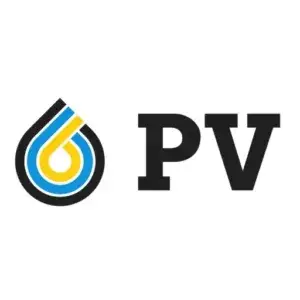
The PV Team
We keep water flowing in rural Ottawa with a team of licensed well technicians, water treatment specialists and plumbers.
PFAs and Your Water: Risks, Detection and Treatment
In recent years, concerns about per- and polyfluoroalkyl substances (PFAs) have grown significantly, particularly in relation to their presence in drinking water. PFAs are a group of synthetic chemicals used in various industrial and consumer products due to their water and grease resistant properties. While this has made them useful in items like non-stick cookware, food packaging, and firefighting foams, their persistence in the environment and potential health risks have raised alarms.
The Risks of PFAs
PFAs are concerning primarily due to their bioaccumulative nature and potential health effects. These substances can accumulate in the human body over time, as they are not easily broken down. Studies have linked exposure to PFAs with various health issues, including:
Developmental Effects: Impacts on growth and development in infants and children.
Liver Damage: Certain PFAs have been associated with liver toxicity.
Cancer: Potential links to certain cancers, though more research is needed.
Immune System Effects: Possible interference with the immune system’s function.
Given their widespread use, PFAs have found their way into the environment, including water sources, leading to concerns about their presence in drinking water supplies worldwide.
Detecting PFAs in Drinking Water
Detecting PFAs in drinking water typically involves specialized testing by trained professionals or certified laboratories. These tests are necessary because PFAs are not easily identifiable through taste, smell, or appearance in water. This means that it’s often more expensive to test for PFAs than it is to implement a preventative treatment solution.
Treatment Options for PFAs in Drinking Water
The treatment of PFAs in water is a complex issue due to their chemical properties and persistence. Here are some treatment methods currently in use:
Activated Carbon Filtration: This method involves using activated carbon filters to trap PFAs as water passes through. Activated carbon has a high surface area and can effectively adsorb PFAs from water. This is typically the cheapest and easiest way to treat the water to your whole home.
Ion Exchange Resins: Ion exchange resins can also be effective in removing PFAs from water by exchanging ions between the resin and PFAs. The same process is used by water softeners to remove hardness form water.
Reverse Osmosis: Reverse osmosis systems can remove a wide range of contaminants, including PFAs, by forcing water through a semi-permeable membrane that blocks contaminants. This is a great option for point of use drinking water in your home.
Looking to Remove PFAs From Your Water?
We’d be happy to discuss PFA removal and provide you with options to ensure your water is safe. Contact us today for a free consultation!

